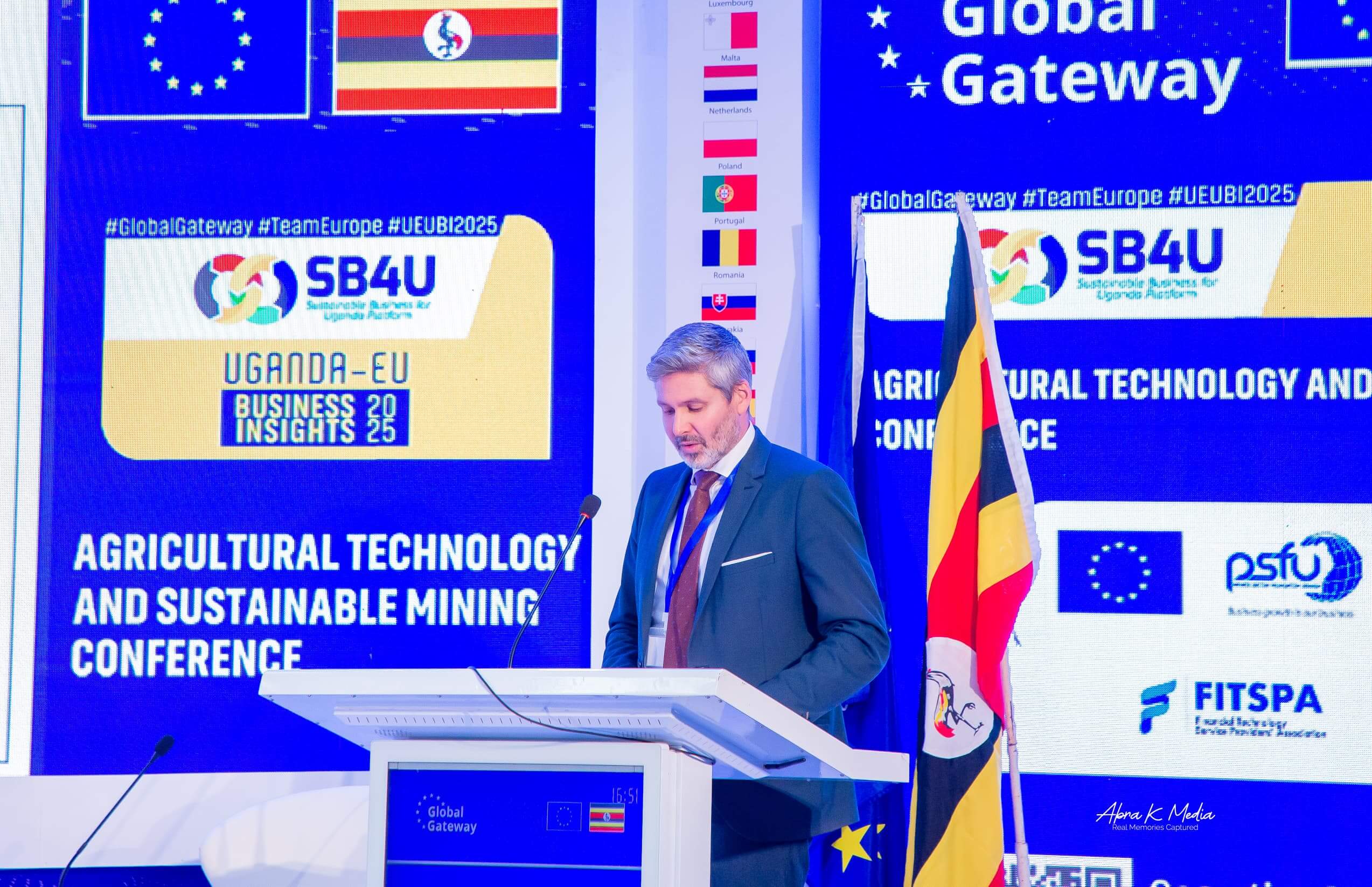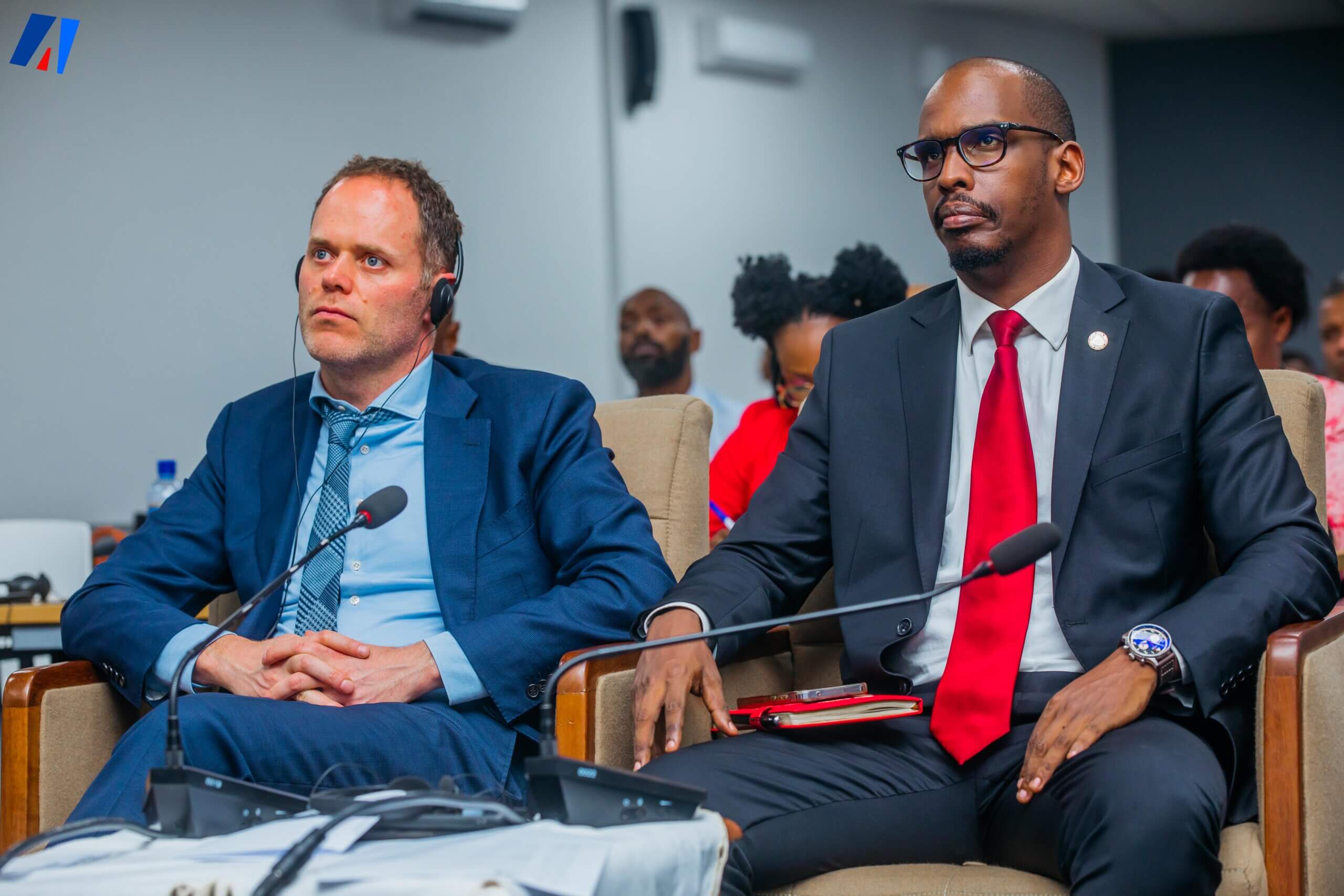L'Ouganda s'apprête à construire son premier marché résistant au climat à Elegu, grâce à un financement de l'Union européenne et du Danemark. Le marché pourra accueillir jusqu'à 1 500 commerçants et sera conçu pour résister à des conditions météorologiques extrêmes, notamment aux inondations qui frappent depuis longtemps cette ville frontalière. L'annonce a été faite hier lors de la conférence « Uganda-EU Business Insights » à Kampala. Située au point de passage de l'Ouganda avec le Sud-Soudan, Elegu facilite des échanges commerciaux qui se chiffrent en millions entre l'Ouganda et ses voisins. En 2022/2023, par exemple, les échanges commerciaux avec le Sud-Soudan via Elegu s'élevaient à environ 220 millions de dollars, et ces chiffres continuent d'augmenter selon l'autorité fiscale ougandaise. Cependant, la région est frappée par des inondations pendant les deux saisons des pluies chaque année, ce qui retarde le mouvement des marchandises, y compris les cargaisons humanitaires, balayant les étals et submergeant les marchandises sur le marché, causant ainsi des pertes incommensurables pour les petits commerçants transfrontaliers, comme indiqué dans ce Global Report Journal. Divers rapports d'enquête indiquent que l'infrastructure du marché est mal équipée pour faire face à ces phénomènes météorologiques extrêmes, et les commerçants ont à plusieurs reprises protesté contre l'insuffisance des installations sanitaires et de l'eau, ce qui a entraîné des épidémies. Le développement comprendra des mesures d'atténuation des inondations sur une superficie de 11 acres, un nouveau marché résistant au climat avec des espaces commerciaux pouvant accueillir jusqu'à 1 500 commerçants, de l'énergie solaire, des systèmes...
L’UE et le Danemark financent le premier marché ougandais résilient au changement climatique
Posted on: February 28, 2025
Posted on: February 28, 2025




















